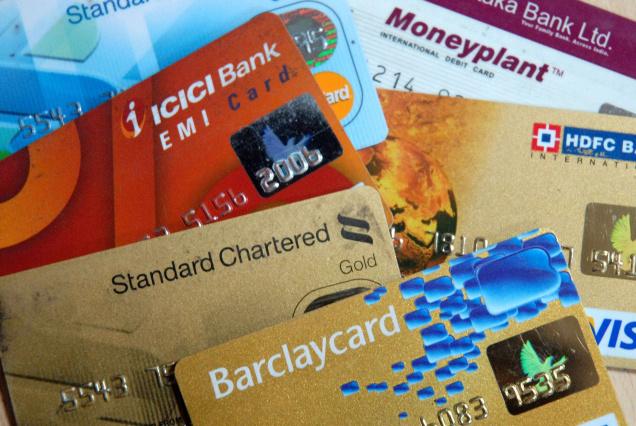Just imagine you are in a foreign country and somebody’s stealing your camera- it’s awful. But if simply the staff being stolen is your money and passport- it can’t be worse as there is nothing worse for a traveler than to remain abroad without documents and livelihoods. But you better come down and try looking for a way to deal with the situation.
Pickpockets and thieves are often specialized in attacking tourists. And none of us, even the most cautious ones, are never safe from this kind of surprises. The main thing for you to do not to lose their mind and to follow our instructions.
Step 1. Police.

The first thing that should do any traveler in trouble – call the police. Typically, incidents of foreigners are being investigated by the specialized tourist police, but there is no need to search for their office. Ask passers-by with for a cell phone for the emergency call – they certainly know its number!
Foreign police no less than the national police are concerned about the crime record numbers and not always try to take your statement. So you better start the conversation with the patrol from the point of your passport loss (it’s good that in many languages the word sounds almost the same), then they will to deal with your problem immediately.
The police formalize the protocol and issue a certificate of the incident. Be prepared that there will be maybe nobody will speak your native tongue, and you will need to communicate by signs and drawings. You do not have to sign anything in a foreign language if you don’t understand it, but in practice it is difficult to avoid it, especially if the incident took place during the holidays, when nobody would think to look for an interpreter. Therefore, the decision is left up to you: unless you will not sign – you will not get the help, without which you can not go to the Embassy and, therefore, to return to your home country. However, with minimal knowledge of the foreign languages is not enough to understand the meaning of the protocol, which is even difficult for the natives.
Step 2. Blocking Credit Cards

It should be done as fast as possible (preferably at a time while waiting for the patrol). You will need to block all of the stolen plastic cards, and phone numbers: money for the roaming is not written off immediately, and even if you do not have a credit rate, the attacker has time to talk to relatives in Zimbabwe at least within an hour, and you will need to pay for his talking time!
Before your departure, leaving the sheet with the Mobile Phones Company, all bank and credit card numbers to your relative or good friend. In this case you don’t need to spend money on international calls – it’s enough to call, send an SMS to your friend via phone or the Internet. In extreme cases, do it quickly you ask the for a phone call from the accidental witnesses.
Step 3. Money.

Then start thinking about your daily money. This was just a joke. Of course, experienced travelers do not keep all the money and cards together. A certain amount of money and some of the credit cards must always lie separately in the hotel or hidden in the secret pockets. In case if the robber managed to take away everything then you will not be able to deal with the problem without somebody’s help.
Even before the trip it makes sense to buy an insurance policy with an expansion, involving not only paying for treatments, but also, in case of theft, issuing a certain amount for emergency expenses. If you do not want to pay for insurance for a few dollars more, you will have to turn to relatives or friends. Fortunately, there are now express money transfers, which can be obtained without a passport, according to a code word.
Step 4. Preparation of documents.

Receiving a certificate of the accident, the tourist need to contact the nearest branch of your country’s Embassy as soon as possible, whose address will be told by the police. But firstly do not get lazy and make a few copies of the certificate, as soon you might need to show it to some authorities quite often. At the same time a photo should be taken: it is better to go to the Embassy with two ready-made 3,5 x4, 5 photos.
Step 5. Embassy

In the Embassy you will get an opportunity to obtain a certificate of return, which will be presented instead of the passport when boarding and on the border. But most airlines allow flying with it only by a direct flight. So if you got a transfer flight you better replace your ticket.
You better bring two citizens of your home country, who have not yet lost their passports and are ready to certify your identity, to the Embassy together with photos. Until recently it was still necessary to pay a fee (about 50 Euros) for issuing the document. Now it is abolished, but be prepared that you will need to pay 15 Euros for the authentication of each witness.
It is much easier to show a notarized copy of your passport instead of having two people presenting their passport (you will need the page with personal details and registration).It is required for every traveler to have one and to keep it separate from the passport. A second copy, just in case, should lie at your hotel room. Too difficult? Believe me, it’s worth it! If your native passport is stolen, along with your foreign one, you don’t have any copies, and you’re travelling alone, then the Embassy will be forced to make a request to Russia, which will take several days. In some cases you will need to find a way to survive those days in a foreign country.
Of course, you should also remember that the Embassy is not working around the clock; it is closed on weekends and holidays. At the very least, you can try to call the Embassy door and explain the situation – sometimes the officials are getting into your situation and trying to help you. But you must be prepared to spend few extra days in the foreign town. However, a passport in Europe is not required so often, so if you have money, and mood, you can continue traveling around the country, if necessary, presenting a certificate from the police.


